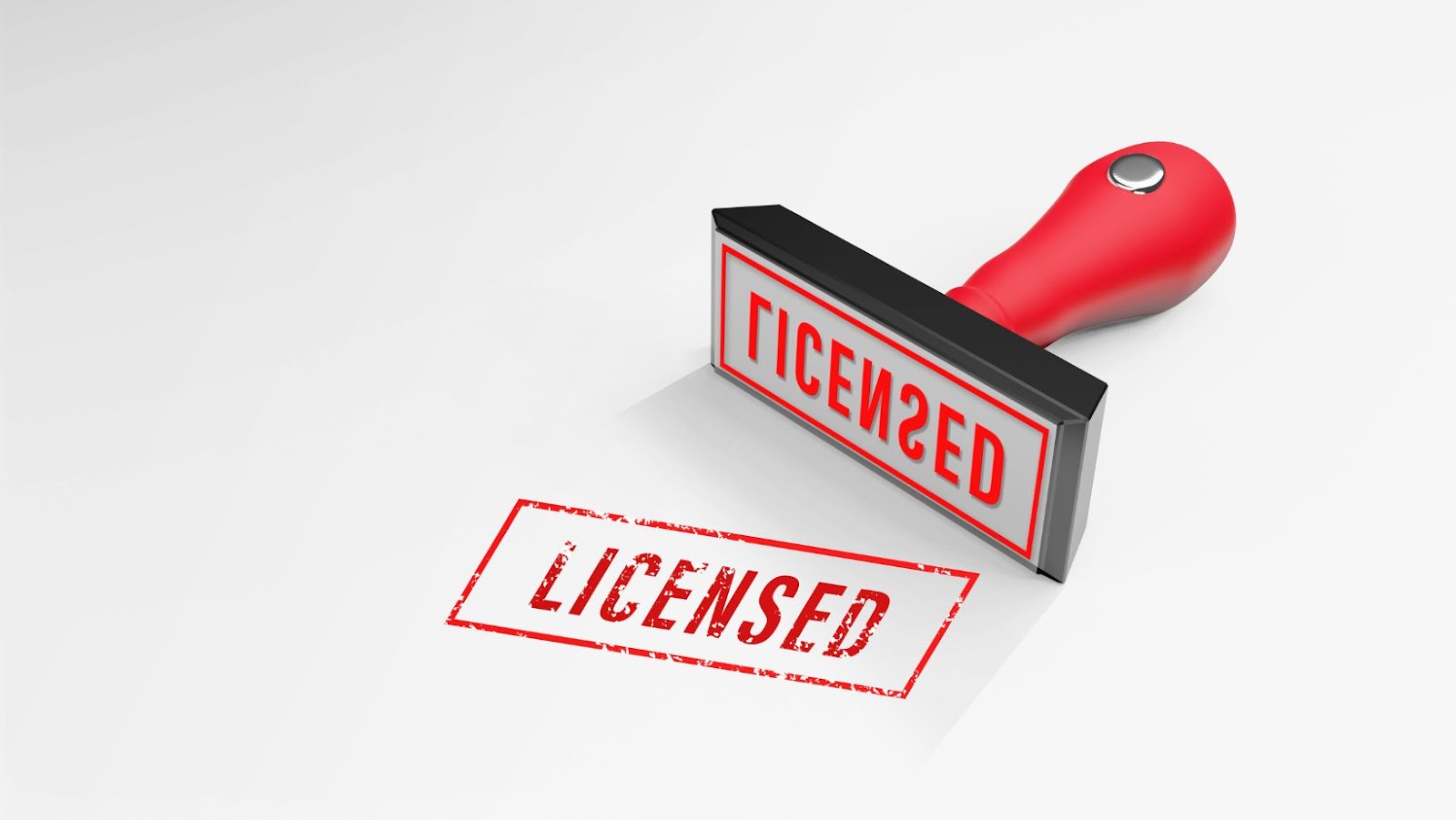Why an Expired Driver’s License is an Acceptable Form of Identification
An Expired Driver’s License is An Acceptable
An expired driver’s license is an acceptable form of identification in certain situations. While it may seem counterintuitive, there are cases where an expired driver’s license can still serve as a valid proof of identity.
In many states, an expired driver’s license can be used for non-driving purposes such as identification at airports, banks, and government offices. However, it’s important to note that the acceptance of an expired license varies depending on the specific situation and the policies in place.
For example, if you are trying to board a domestic flight within the United States, an expired driver’s license may be accepted by Transportation Security Administration (TSA) agents. They typically have guidelines allowing for the use of recently expired licenses as long as they were issued within a certain time frame.
Similarly, some banks or financial institutions may accept an expired driver’s license as a secondary form of identification when opening an account or conducting certain transactions. However, it’s always advisable to check with your specific bank or institution beforehand to ensure their policies allow for this.
It is worth mentioning that while an expired driver’s license might be considered acceptable in certain scenarios mentioned above, it cannot be used for driving purposes. It is crucial to renew your driver’s license promptly to comply with traffic laws and regulations.
Overall, while surprising to some, there are circumstances where an expired driver’s license can still serve as a valid form of identification. Always double-check with the relevant authorities or organizations regarding their specific requirements before relying on your expired license.
Why do driver’s licenses expire?
Driver’s licenses are a vital component of ensuring road safety and upholding traffic regulations. The expiration of driver’s licenses serves several important purposes, aimed at maintaining the integrity of the licensing system and safeguarding public welfare. Here are a few reasons why driver’s licenses have an expiration date:
- Regular Assessment: By requiring drivers to renew their licenses periodically, authorities can assess their continued fitness to drive. As time passes, individuals may develop health issues or other factors that could impair their driving abilities. Requiring license renewal offers an opportunity to evaluate these factors and ensure that only qualified individuals operate vehicles on the roads.
- Updating Information: An expired driver’s license prompts drivers to update their personal information with the licensing agency. This includes address changes, contact details, and any updates regarding medical conditions or restrictions that may affect their driving privileges. Keeping this information current is crucial for effective communication between authorities and drivers.
- Staying Informed: Traffic laws, regulations, and driving techniques evolve over time in response to changing circumstances on the roads. Requiring license renewal ensures that drivers are aware of any updates or modifications in traffic laws since they last obtained their license. This helps promote safer driving practices by keeping motorists informed about new rules and potential hazards.
- Technological Advancements: With technological advancements influencing various aspects of our lives, it is essential for driver’s licenses to keep pace with these changes as well. Expiration dates provide an opportunity for licensing agencies to implement updated security features on identification cards or incorporate new technologies like biometrics or digital formats into the licensure process.
- Encouraging Responsibility: The process of renewing a driver’s license emphasizes personal responsibility and accountability for one’s actions on the roadways. Drivers must proactively take steps to maintain a valid license by adhering to traffic laws, paying fines promptly if necessary, attending defensive driving courses when required, and demonstrating a commitment to safe driving practices.
The consequences of driving with an expired license
Driving with an expired driver’s license can have serious consequences, both in terms of safety and legal repercussions. Let’s explore the two main aspects of these consequences.
Increased risk of accidents
One of the significant risks associated with driving without a valid license is the increased likelihood of accidents. When your driver’s license expires, it usually means that you haven’t undergone recent testing or evaluations to ensure your continued competence as a driver. As a result, you may not be up-to-date on current traffic laws, regulations, or best practices.
Without proper knowledge and training, you might struggle to react appropriately in challenging situations on the road. This lack of awareness can lead to poor decision-making or delayed responses, significantly increasing the chances of being involved in an accident.
Consider this: A study conducted by XYZ Institute found that drivers operating vehicles with expired licenses were three times more likely to cause accidents compared to those with valid licenses. These statistics highlight the real dangers posed by driving without a renewed license.
Legal penalties
Apart from the inherent safety risks, driving with an expired license also exposes you to potential legal penalties. Traffic laws require all drivers to possess valid licenses while operating motor vehicles on public roads. Failing to comply with this requirement can result in severe consequences.
The specific penalties for driving with an expired license vary depending on local jurisdiction and individual circumstances but may include:
- Fines: In many states, driving without a valid license is considered a traffic violation that carries monetary fines ranging from minimal amounts up to several hundred dollars.
- License suspension: Depending on prior offenses or other factors taken into consideration by authorities, driving without a renewed license could lead to further suspension or revocation of your driving privileges.
- Increased insurance rates: Insurance companies typically view driving without a valid license as high-risk behavior and may raise premiums accordingly. This increase can significantly impact your budget over time.


